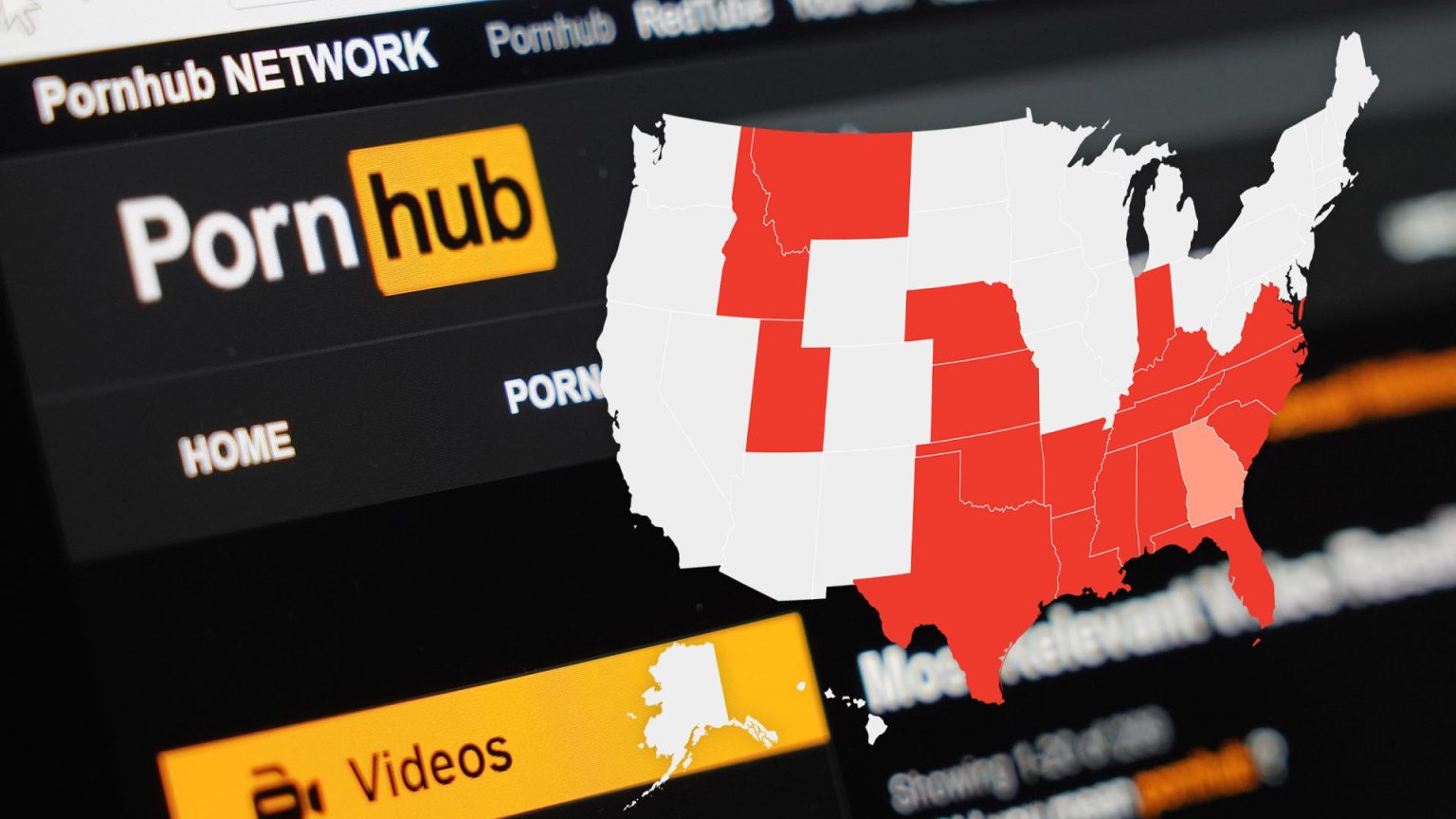The landscape of online pornography access in the United States is undergoing a significant transformation, marked by a growing wave of state-level legislation aimed at restricting minors’ access to adult content. As of January 1, 2025, eighteen states have implemented laws requiring age verification for accessing pornographic websites, with three more states—Florida, Tennessee, and South Carolina—joining the ranks on that day. This brings the total to 21 states, and Georgia is poised to become the 22nd in July 2025. This trend reflects a growing concern among lawmakers about the potential harms of exposing young people to explicit material and the need to implement stricter safeguards online. This legal shift is creating a patchwork of regulations across the country, with varying approaches to age verification and enforcement.
The implementation of these laws has prompted diverse responses from adult content providers. Some platforms have chosen to comply with the new regulations by implementing age verification systems, while others have opted to block access to their websites entirely in states with such laws. Pornhub, a prominent adult entertainment platform, has chosen the latter approach, blocking access for residents in multiple states rather than implementing age verification measures. The company, owned by MindGeek (referred to as Aylo in the original article), argues that requiring users to share identification documents poses privacy risks and is not the most effective way to protect children. This decision has sparked debate about the balance between protecting minors and safeguarding user privacy.
The clash between state regulations and platform policies highlights the complexities of regulating online content. Lawmakers argue that age verification is a necessary step to protect children from harmful content, while some adult content providers express concerns about the practicality and potential privacy implications of implementing such systems. The debate also raises questions about the effectiveness of these restrictions in preventing minors from accessing pornography, as tech-savvy individuals may find ways to circumvent these measures. The ongoing dialogue between lawmakers and platform operators will shape the future of online content regulation.
Florida’s recent implementation of age verification requirements exemplifies the challenges and controversies surrounding this issue. The state’s new law, HB 3, mandates that adult content platforms verify the age of their users or face substantial fines. Pornhub’s decision to block access in Florida rather than comply with the law has further fueled the debate. State Representative Chase Tramont, the bill’s sponsor, has criticized Pornhub’s stance, accusing the company of prioritizing profit over child safety. This disagreement underscores the tension between protecting minors and respecting user privacy in the digital age.
The increasing prevalence of age verification laws across the United States signifies a growing trend toward stricter regulation of online pornography. While the intent behind these laws is to protect minors, the implementation and effectiveness of these measures remain a subject of ongoing discussion. The varying approaches adopted by different states and the responses from adult content providers highlight the complex challenges involved in balancing child protection with user privacy and freedom of access to information. The evolving legal landscape and the ongoing dialogue between stakeholders will continue to shape the future of online content regulation in the years to come.
The trend toward stricter regulation of online pornography raises several important questions. What are the most effective methods for verifying age online while protecting user privacy? How can these regulations be enforced effectively, and what are the potential unintended consequences of restricting access to adult content? What is the role of parents and educators in educating children about online safety and responsible digital citizenship? These questions will require careful consideration and collaboration among lawmakers, technology companies, and the public to ensure a safe and responsible online environment for all. The evolving legal landscape and the ongoing dialogue between stakeholders will be crucial in shaping the future of online content regulation and striking a balance between protecting minors and respecting individual freedoms in the digital age.




